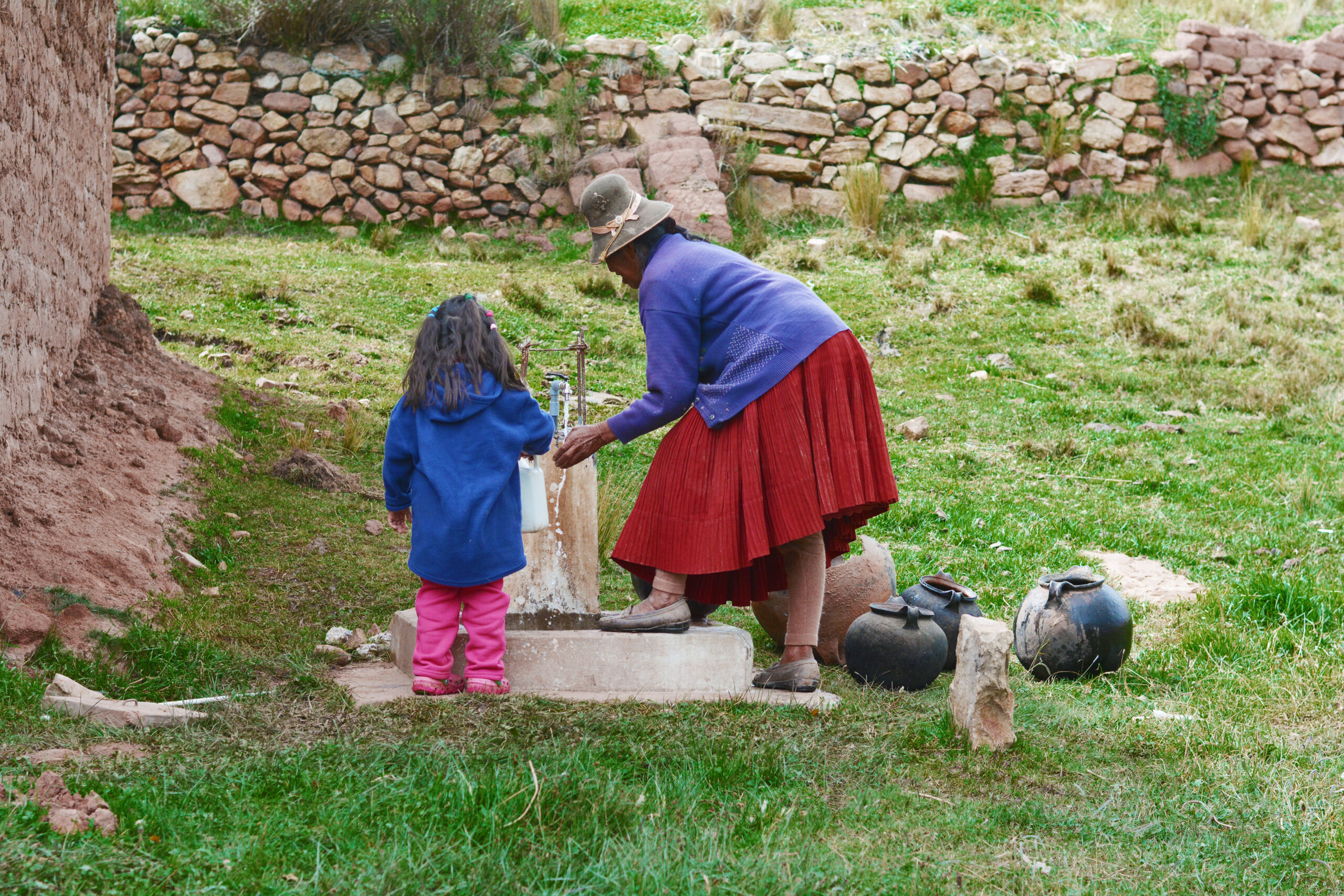Throughout the evolution of industrialized farming practices, innovations such as synthetic fertilizers, chemical pesticides, and high-yield crops have significantly boosted global food production.
Under the previous Water Act (Act no. 54 of 1956), irrigation areas were allocated water use rights in the form of water quotas, specifying cubic meters per hectare per year for a given number of hectares. However, the new National Water Act (Act no. 38 of 1998) has replaced this system with a water use right expressed in total cubic meters of water allocated to a farm or property.
South Africa’s water quotas were established before sophisticated methods for determining plant water requirements were available.
The limited data on water requirements relied on local knowledge and some research. Estimations were made by measuring the water use of plants, for example, by adding trees or maize plants to a plot and then measuring water consumption.
The critical condition of South Africa’s water supply is widely acknowledged, emphasizing the need for science-based information on optimal water use. A study, funded by the Water Research Commission, assessed whether the largest share of the country’s water allocation, which goes to irrigated agriculture, aligns with crops’ actual water use compared to water quotas.
Mismanagement of water resources
Large-scale irrigation significantly impacts South Africa’s water supply. In fact, irrigation for certain crops accounts for 60% of all water abstraction in South Africa. Nevertheless, these agricultural innovations would be futile without a vital component: freshwater.
Globally, pollution, climate change, and excessive water extraction are jeopardizing the lakes, rivers, and aquifers that underpin agriculture, increasing the risk of widespread food shortages, compounded by global crises like the situation in Ukraine.
Irrigation areas vary in dynamics, with some regions having water requirements exceeding 165% of the allocated water due to factors like arid and hot climates, semiarid climates with winter or summer rainfall, and semiarid cold climates.
At MEB, we firmly believe that in a water-scarce country like South Africa, responsible water management is essential.

